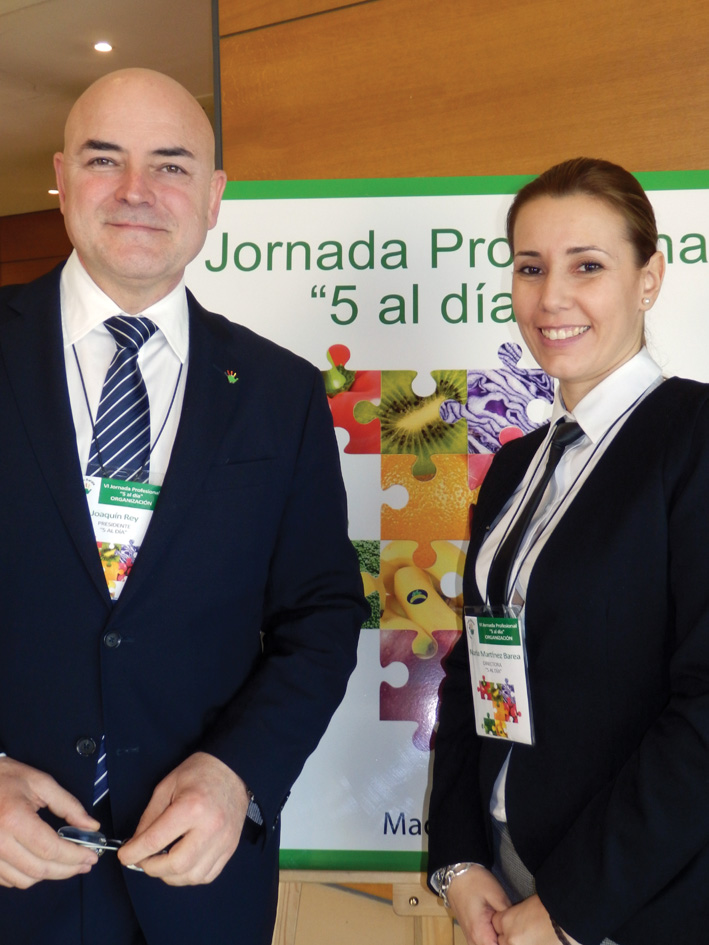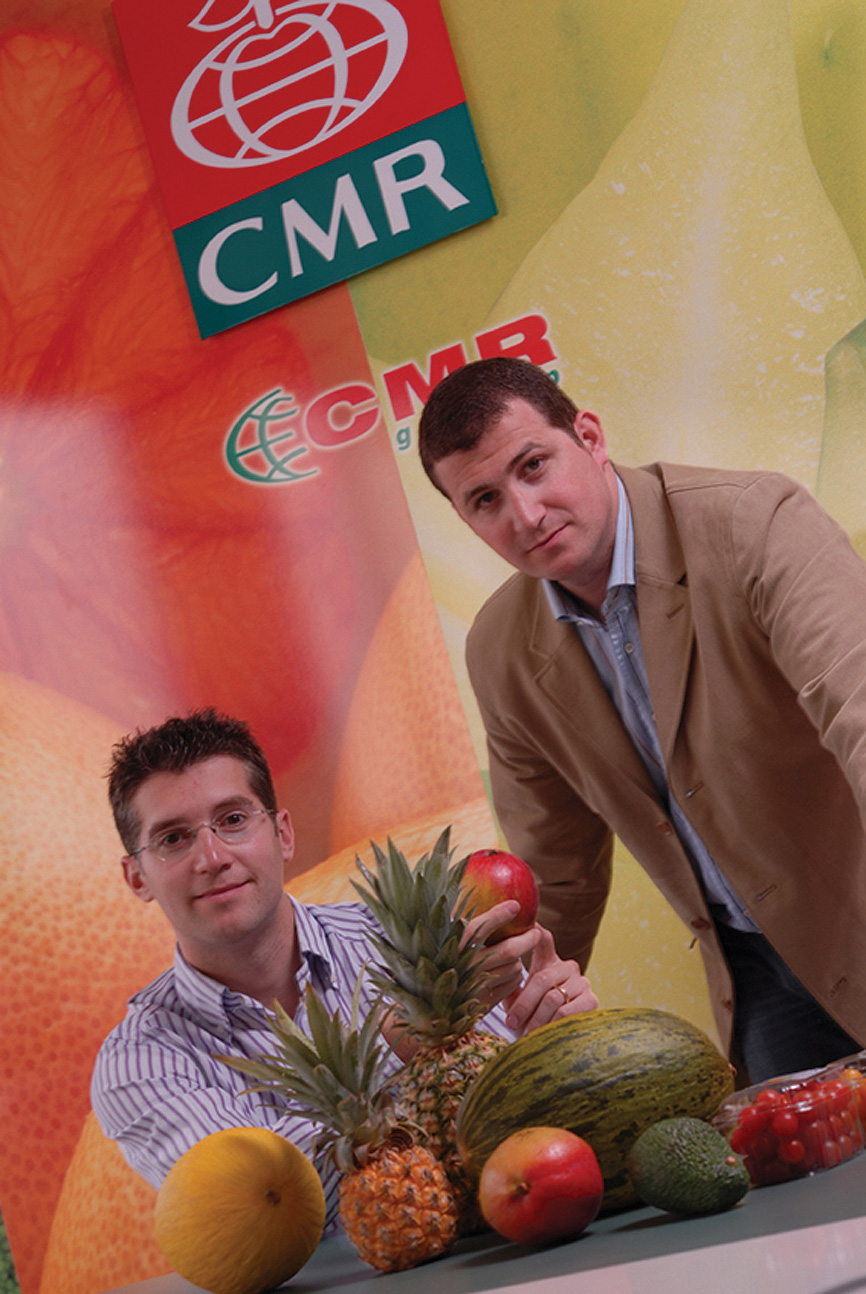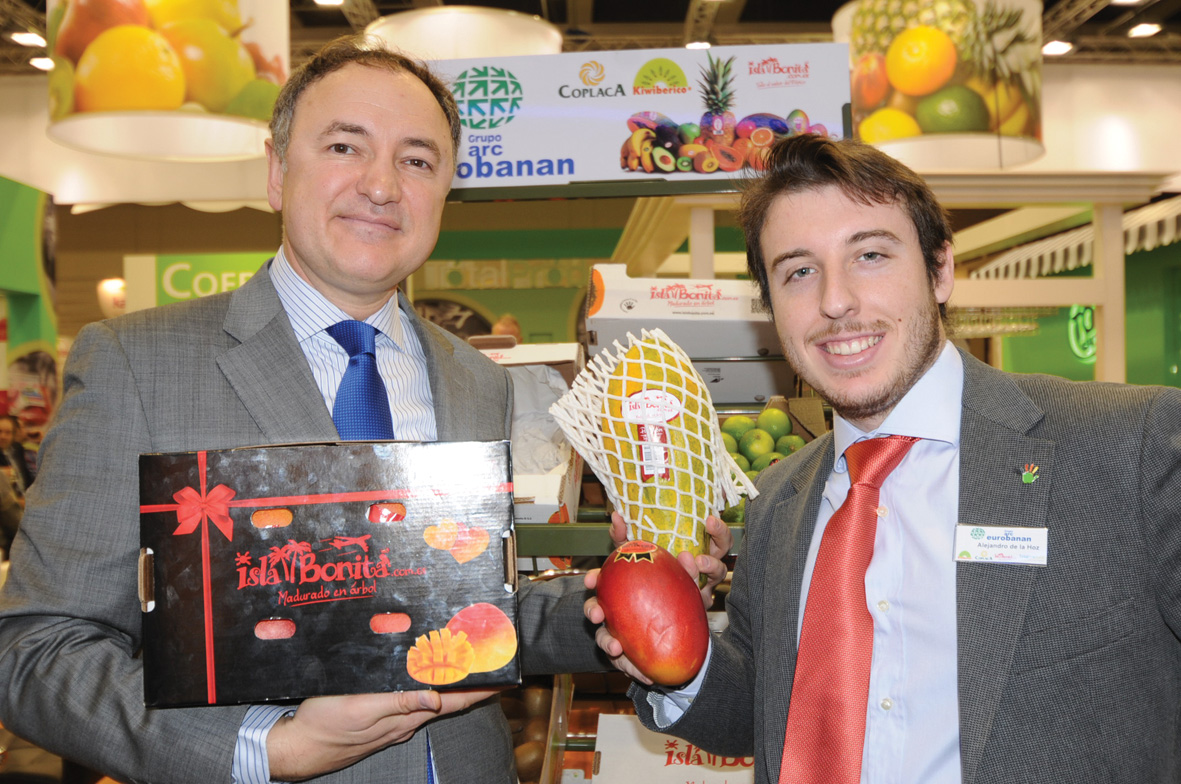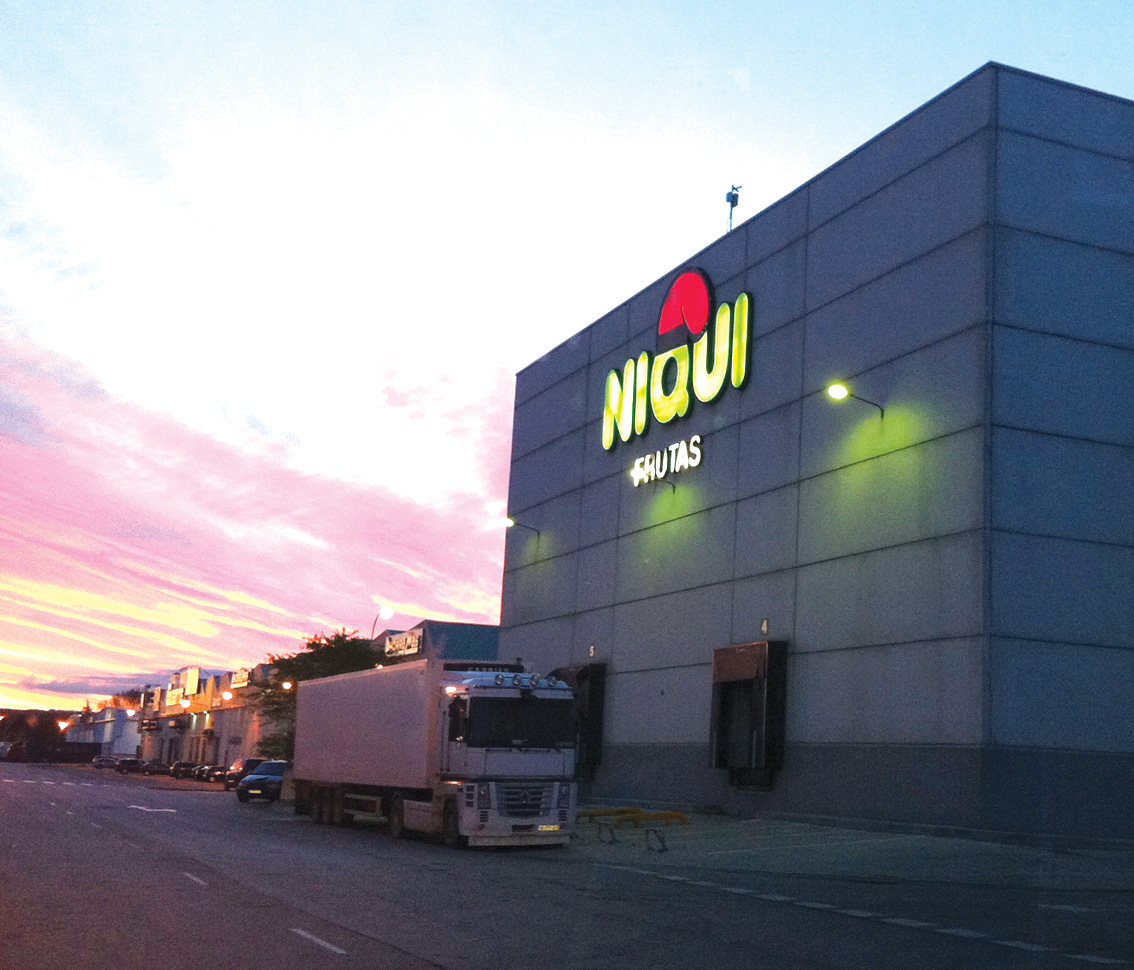Mercabarna’s major transformations
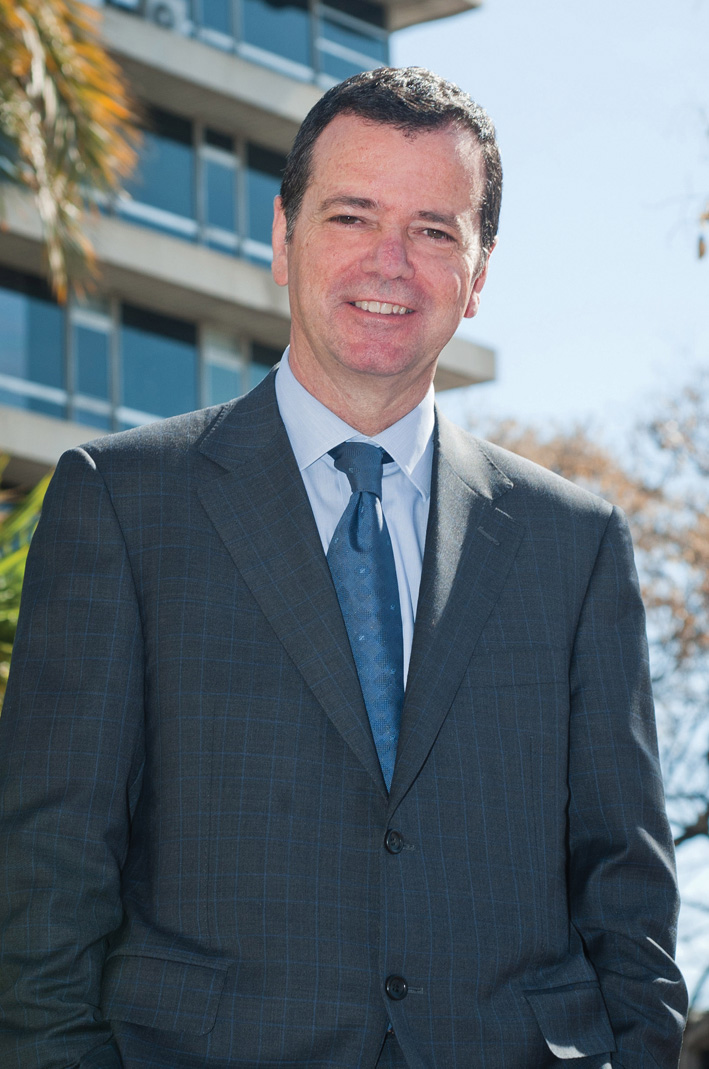
Its managing director Josep Tejedo sets out how the market plans to convert itself into the Mediterranean’s food hub.
“Barcelona City Council, Mercabarna, the AGEM wholesalers’ dealers association and representatives of the market’s agricultural cooperatives signed a historic accord in February. The agreement allows for the modernization of the central fruit and vegetable market which has operated in our food complex for 43 years. Under the deal, the market’s various business owners will pay the full cost of the works, about €20 million. In return, the council will extend their concessions – due to expire in 2020 – a further 17 years, the estimated time needed for them to amortize their investment.
“This agreement between the public and private sectors will see the market upgraded such that it remains both a national and international reference. Work will start in late 2014 and last five years, during which the market will continue operating. Furthermore, the businesses can make progressive payments over the course of the project.”
The Mediterranean food hub
“Our goal is to convert Mercabarna into the Mediterranean’s food hub, an international center where fresh produce from around the globe is received, has value added to it, is grouped with other foods, and then again dispatched to anywhere around the world. To us the sea is not a border but a major highway. “We have therefore created the Foodstuff Cluster of Barcelona, an umbrella for the Foodservice Cluster, Retail Cluster and Mercabarna Export Cluster. Each of these brings together businesses in our precinct that have interests in different market segments, and together we aim to strengthen the resulting synergies. With companies in the foodservice cluster, for example, we are studying how to sell more to companies in the hospitality sector, and in the export cluster we’re exploring information and business contacts to promote exports.”
Increasing exports to Europe and beyond
“Exports already form 25% of sales by the companies in the fruit and vegetable sector at Mercabarna and, through the export cluster, we aim to help them increase this percentage and also to increase the number of companies exporting.
In order to do this, we are gathering initiatives from the business people involved and commissioning market research on certain countries, participating in international trade fairs, and organizing trade missions and meetings between overseas importers and Mercabarna exporters.
“In regard to those in fruit and vegetables, we have studied the markets of Germany and Poland. We also participated in Fruit Logistica in Berlin, where we facilitated business meetings, and we’ll do the same during our participation in Alimentaria (Barcelona) and Medfel (Perpignan).”
Capitalizing on expertise
“We continue to export our know-how through our international consultancy, which has become very highly regarded. At present, we’re in the last phase of our consultancy on the fresh food market in Montevideo and have four more international projects in the pipeline.
Another interesting project involves providing training for food sector managers. Mercabarna training services has more than 25 years’ experience in the education of food sector employees and is now expanding it to management level. To this end, we are working and establishing agreements with various universities in order to provide courses on the subjects of international food trade, logistics, food technology, and so on.”
A ‘greener’ market
“On environmental issues, since we launched our environmental project in 2002 and built our specialized ‘Green Point’ – which was a pioneer in Europe – we’ve maintained extremely high levels of recycling, namely 80% of waste generated on our premises (more than 35,000 tons annually). This year we are planning for an upgrade of the Green Point to take place next year.
“Other Mercabarna infrastructure will also be upgraded over this period, such as the central fish market and multipurpose hall. Furthermore, to increase mobility in our complex, we are building a multi-storey car park with a 300-vehicle capacity.”
JMB

